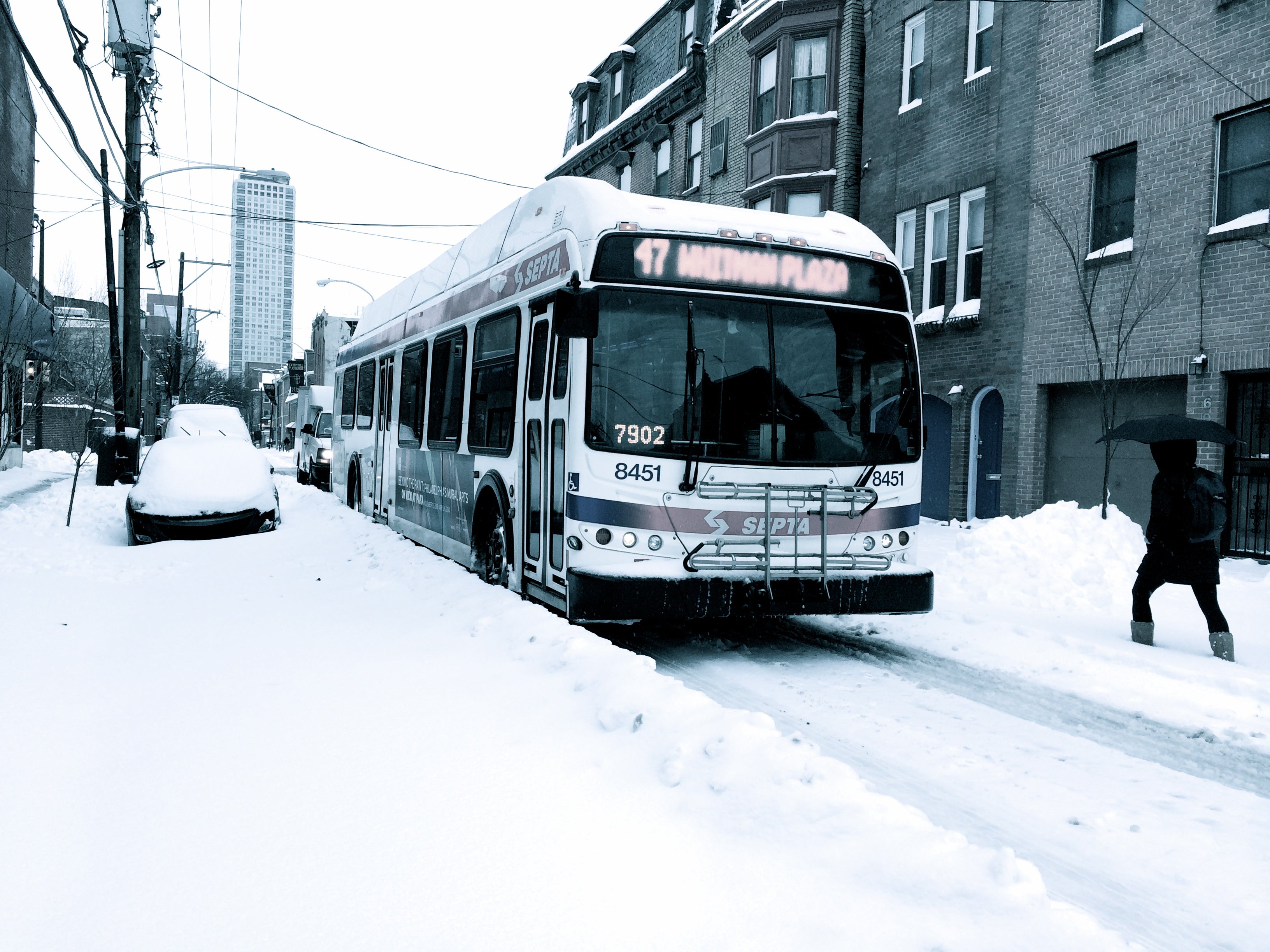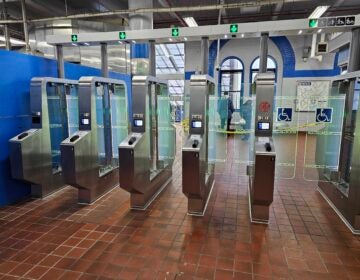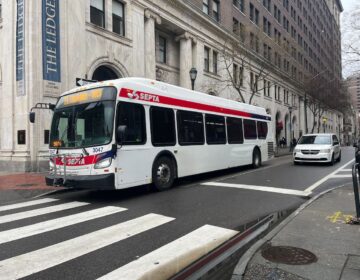Winter takes $2.2 million toll on SEPTA’s operating budget

Things were going well for SEPTA as it headed into this winter. As of December 31, SEPTA had a small operating budget surplus of about $200,000. Then Jan. 3 came and brought the first in a seemingly endless string of snowstorms and freezing temperatures. At SEPTA’s board meeting this week Chief Financial Officer Rich Burnfield will report a $2.2 million operating budget deficit for the month of January.
“I’m anticipating February [numbers are] going to be even worse,” Burnfield said.
And the snow expected this week could be icing on the less than tasty cake.
So far this winter SEPTA has spent $8.7 million on snow removal. Only about $4 million of that was budgeted. SEPTA has doled out $3.5 million for in-house labor costs, more than $4 million for contracted labor, $549,000 for salt, $314,000 on traction motors, $50,000 for generators and $125,000 for bus pneumatics and overhead wire insulators. SEPTA has been able to make up for some of the added expenses by redirecting spending from capital work that has been deferred due to the the severe weather conditions.
The results of the spending are evident. Sending contractors to clear parking lots of snow and ice over a given weekend can cost $200,000, but it clears more than 1,000 parking spaces for commuters come the following week.
The problem is that the weather – aside from this past weekend’s heatwave – won’t seem to let up. So far SEPTA had dealt with 13 snow storms, and temperatures in January didn’t go above freezing for 17 days.
“It just seems like this winter has gone on forever,” Burnfield said.
The winter expenses and decreased ridership revenue (ridership fell six percent or $900,000 under budget in January) hit SEPTA’s operating budget, but Burnfield is confident that SEPTA will make up for the losses.
“Deficit is a word that is not part of my vocabulary, and we will have to take a hard look at our budget over the next four months to see how we can bring it back to a balanced budget status,” he said.
Because the deficit is contained within SEPTA’s operating budget, the winter weather will not detract from funds slated for capital projects.
“We’re going to balance this within our operating budget, and we’ve been continuing to put together our capital plan, getting off to a quick start on the new state funding,” Burnfield said. “… We’re already starting to advance some of the most critical projects that are ready to go out to construction.”
Still, the winter weather is taxing on the system.
“Regardless of the age of the infrastructure, these severe weather events can be taxing on anything,” said Chief Engineer Andrew Gillespie.
SEPTA is continuing to inspect the system, especially its bridges, and to take preventative measures like trimming tree limbs around overhead wires and switching to insulated cables where possible. As SEPTA advances more capital projects, measures will be included in each project to ensure that the finished product is better equipped to stand against severe weather.
As far as the toll the weather is taking on SEPTA’s crews, Gillespie said, “I’d like to say our folks, both our contractors and our in-house forces have really hung in tough this winter, and we really appreciate their efforts.”
To passengers, Gillespie said, “I just ask that people understand that we have to go through this. Please be patient, but most importantly be safe.”
WHYY is your source for fact-based, in-depth journalism and information. As a nonprofit organization, we rely on financial support from readers like you. Please give today.






